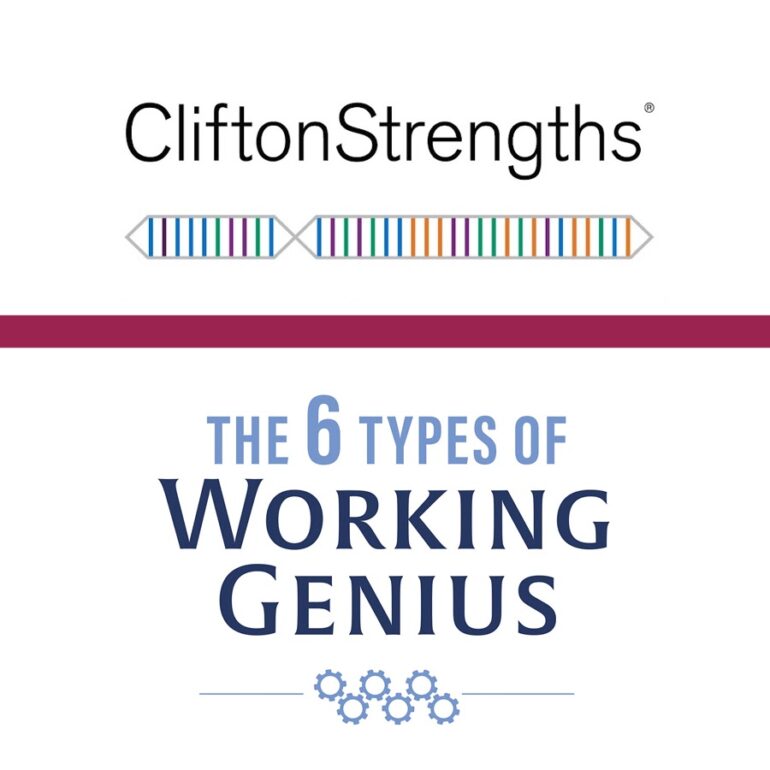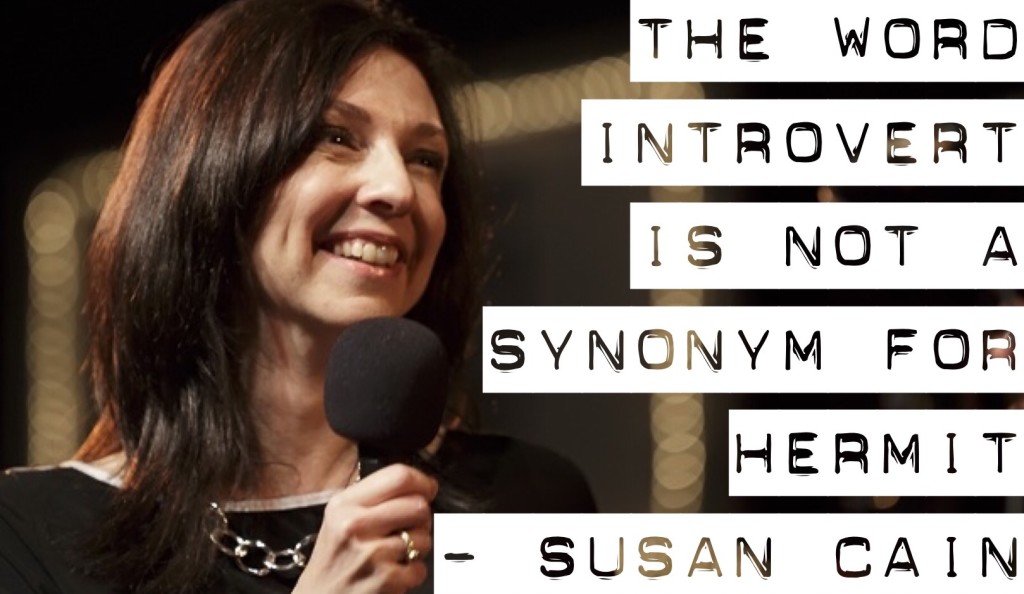
In the leadership world, there’s been a huge uptake of the Working Genius. Bravo to Patrick Lencioni and The Table Group for putting out an extraordinary assessment and tool to help leaders and organizations discover the six phases of work, and how to work better with each other!
Even though I’ve been a certified Gallup Strengths Performance Coach (Strengths Advisor) since 2008, that’s not the only assessment that I use in my leadership and coaching. In fact, when I find one that fills a unique role, I become as much of an advocate for that one as I am with the StrengthsFinder assessment (now known as CliftonStrengths).
Enter: The Working Genius.
I recently had my entire staff team at Beulah complete the Working Genius assessment. Since we also use the StrengthsFinder assessment in performance management, I wanted to outline how the two of them compare and contrast with each other. And since I couldn’t find a comparative chart online, I went ahead and drew one up.
I hope you find this helpful.
StrengthsFinder (CliftonStrengths) vs. Working Genius
| STRENGTHSFINDER (CLIFTONSTRENGTHS) | WORKING GENIUS | |
| PURPOSE: | To discover how you approach your work. | To discover how you work. |
| WHAT: | The assessment helps you identify your Top 5 themes out of 34. | The assessment helps you identify your two Working Geniuses, two Working Competencies, and two Working Frustrations. |
| PHILOSOPHY: | The best of the best focus on their strengths, while managing their weaknesses. | You are at your best when you focus on your Working Genius, and manage your working frustrations. |
| CHARACTER/MORALS: | There are no bad StrengthsFinder themes. | There are no bad Working Geniuses. |
| HOW TO MANAGE YOUR WEAKNESSES: | Use complimentary themes, or partner with others who are strong at what you’re weak in. | Partner with others who have a Genius where your Frustration is, and vice versa. |
| CATEGORIES: | There are four domains of strengths: Executing, Influencing, Relationship Building, and Strategic Thinking. | There are three phases of work: Ideation, Activation, and Implementation. |
| CREATOR: | Gallup | The Table Group |



